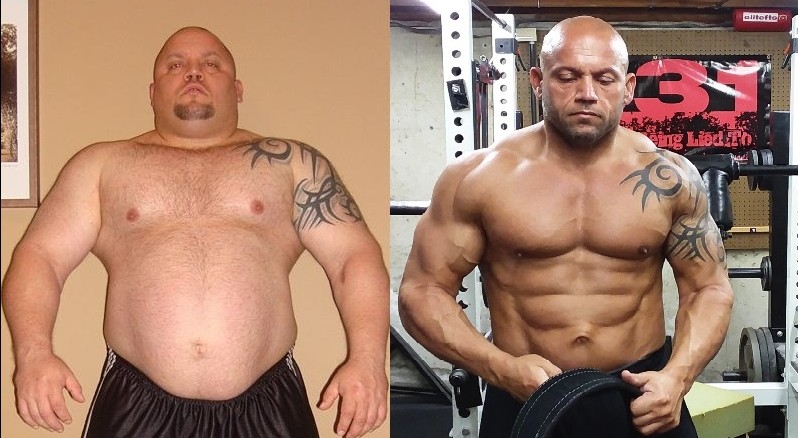
The statistic of a 95% or thereabouts diet failure rate is bandied about the internet. I am not going to try and argue the validity of that number, but it's pretty obvious that most diets fail. If you have not experienced it, you definitely have seen the plight of others.
Is it futile to even diet? Hell no! The rewards are too important--your health. I am not going to preach whether someone should lose weight or not. However, if someone wants to lose weight, I want to help.
But why listen to me? First, I have personal experience with weight loss. I have lost over 100 pounds and have kept it off for over a year now. Second, I'm not trying to sell you anything. I have no skin in the game. Beware, a lot of people giving advice out there have very self serving interests.
So why do so many diets fail? Because people want to focus on comforting or convenient solutions. They are hoping a magical combination of foods will help them lose weight. Perhaps if they find the right supplement combination. Maybe if they don't eat during the day or don't eat carbs after six. Better yet, don't ever eat another carbohydrate again. Wait, I heard if you only eat protein and fats the weight will melt right off of you.
These are all false hopes people. A successful diet is predicated on two things, managing calories and discipline. Those are the deciding factors on whether your diet will work.
Does this mean you have to count every calorie you eat? I think that depends on your relationship with food. I look at my good friends Matt Rhodes and Jim Wendler. They have both taken off over 50 pounds and have kept it off for some time. Both have never counted a calorie. Meanwhile, I have to count every calorie that passes through my cake hole.
What's the difference then? Matt and Jim ate to get big, but are not big eaters. I have sat and watched Matt struggle in pain trying to finish meals, unsuccessfully at times by the way. Whereas I would treat every meal like I was going to the electric chair. I'd eat until I was stuffed and then still want more.
Regardless, it came down to calorie consumption. They simply ate less, but didn't have to count their calories to know it. Conversely, like I stated earlier, I have to count my calories to lose weight.
Armed with the simple fact that you must be in a calorie deficit in order to lose weight (however you want to go about it) there's only one thing left to do, have the discipline to eat less calories. That's the hard truth. You need to eat less calories and show self restraint. For some that's easier said than done, but it doesn't change to equation.
Why am I successful where others have failed? Because I'm not looking for an easier solution.









I am by no means genetically gifted. This has been really hard work. It's been very methodical. If you want improved results, you'll need a better plan. Read through my other Operation Be Less Fat entries. I have learned a lot over this 8+ year journey of weight loss and have tried to pass it on.
Best of luck in your journey.
For those of us that are +20% body fat AND are big eaters (don't eat to get big, just eat everything), is losing weight the slow way, 1 - 2 pounds a month, healthy? For some reason, from some website, I always heard it's "safe" to lose about 10% of your body weight a week, and still not worry too much about muscle loss.
Because I"ve been following this advice, no wonder I don't feel like I gain any extra strength during bulking. Maybe because I lost so much muscle during cutting 2.5 lbs a week for about 2 months or so.
I was at a weight I enjoyed for my height / asthetic, but I had 2 surgeries last year and got +20% body fat REAL fast. And now that I'm released to start squatting / deadlifting again, I'm really wanting to lose this weight. I gained nearly 30 lbs in six months just to being innactive due to surgery (I still lifted upper body, though). Would it be best to slowly lose that weight over a couple of years, rather than just throw myself under the bus of losing 10 pounds a month?
I found your article because I love Wendler's program. I googled Wendler and calorie restriction.